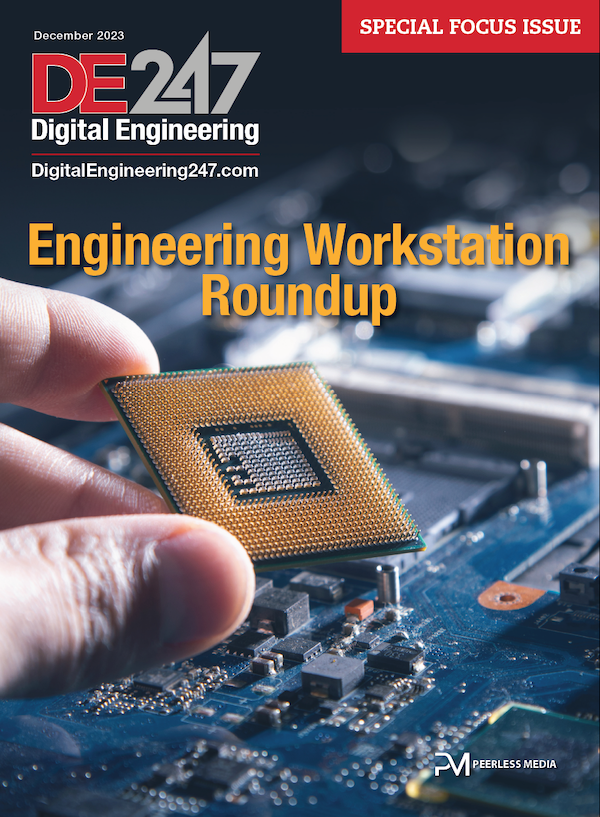SC11 Student Cluster Competition Now Open
Student teams who want to break a world record must enter by April 15.
Latest News
March 14, 2011
By DE Editors
Student teams are encouraged to submit proposals to build high-performance computing clusters on the convention center floor in real time and push their applications to the limit to win bragging rights as the world’s best. Submissions are now open for the fifth annual Student Cluster Competition (SCC) for at the SC11 conference held in Seattle, WA on Nov. 12 – 18, 2011.
The competition pits six teams of undergraduates against one another to see who can build and configure a cluster in 46 hours that accomplishes the most work using “real world” computational codes in the least amount of time. In addition to time constraints, students must work within the parameters of the designated system and power configurations, and use open-source software to solve the applications provided to them.
In addition to showcasing the power of current-generation clusters, one of SCC’s primary goals is to demonstrate to companies and supercomputing labs that the best high performance computing (HPC) candidates might be as close as the university next door. Through the final selection process, the SCC committee focuses on recruiting the best high performance computing talent to compete each year.
“We are excited that the Student Cluster Competition has taken on a life of its own,” says Douglas Fuller, SCC chair and computational scientist at Oak Ridge Leadership Computing Facility. “A number of universities are now including these types of challenges as part of their curriculum, offering a type of ‘dress rehearsal’ to prepare students for the SC competition.”
During the competition, teams are judged on the speed of the HPCC benchmarks, the throughput and accuracy of applications runs, and ability to impress SC participants and judges during the conference. In this real-time challenge, teams of six undergraduate and/or high school students assemble a small cluster of their own design on the SC exhibit floor and race to correctly complete the greatest number of application runs during the competition period. The catch is the teams must run real HPC workloads with only 26 Amps maximum power.
As an added feature, the student teams will build and run the clusters in the Washington State Convention Center lobby area, offering the ability for conference attendees to more easily interact with the undergraduate competitors.
SC10’s overall winner was National Tsing Hua University from Taiwan, who partnered with ACER Incorporated, Tatung Company, and NCHC. NTHU won with the highest aggregate points in the HPCC benchmark, throughput and correctness of real-world applications, and interviews. The winner of the SCC 2010 Highest LINPACK was the University of Texas at Austin, who partnered with Dell and the Texas Advanced Computer Center, leading three teams in exceeding 1 TeraFLOP for the first time ever in the Student Cluster Competition while staying below the power budget.
Student teams may now submit their applications at the SC11 Submissions Site. The SCC deadline is April 15, 2011
Sources: Press materials received from the company and additional information gleaned from the company’s website.
Subscribe to our FREE magazine, FREE email newsletters or both!
Latest News
About the Author
DE’s editors contribute news and new product announcements to Digital Engineering.
Press releases may be sent to them via [email protected].






